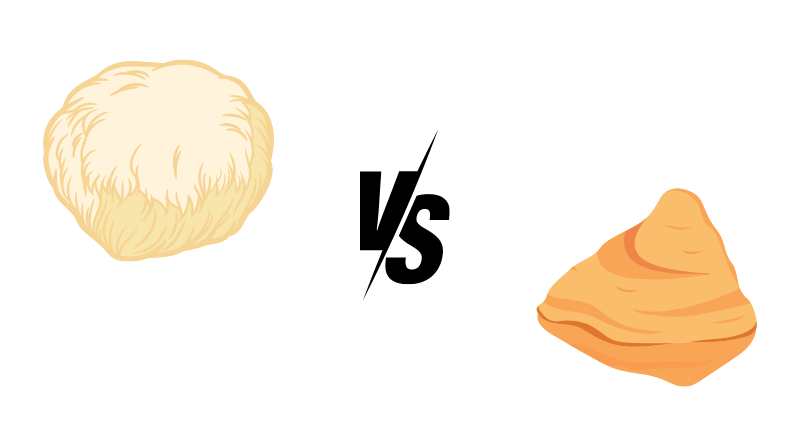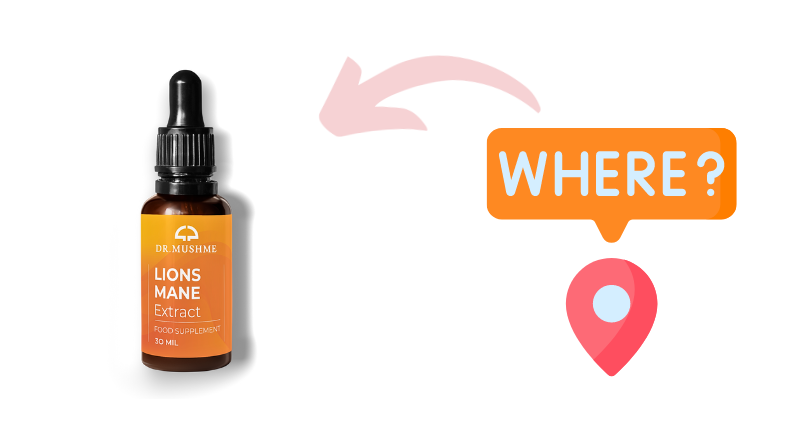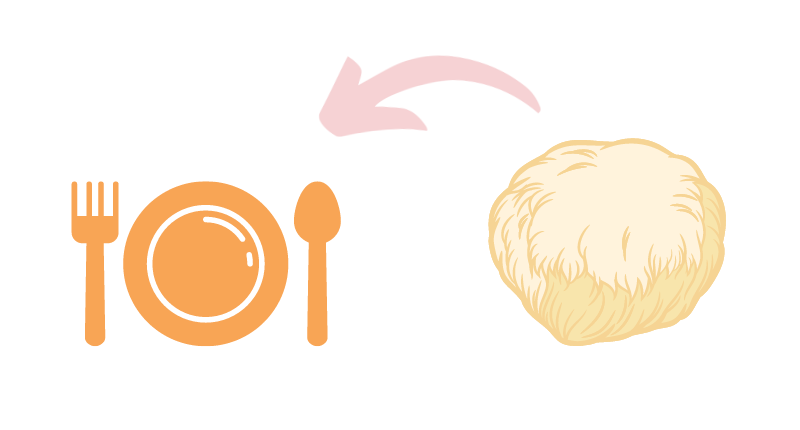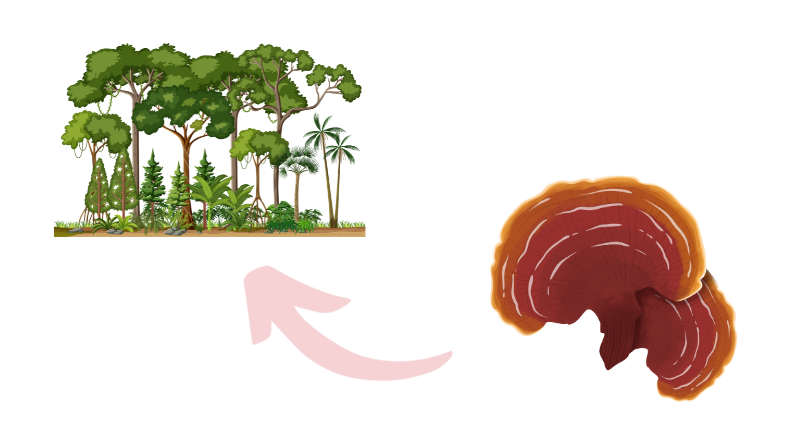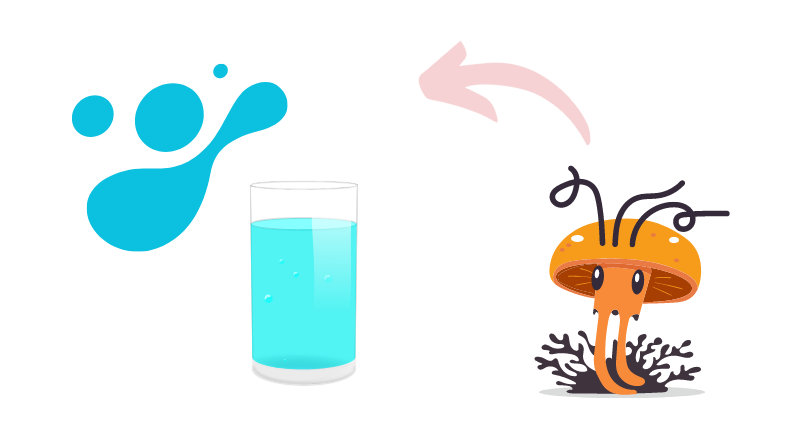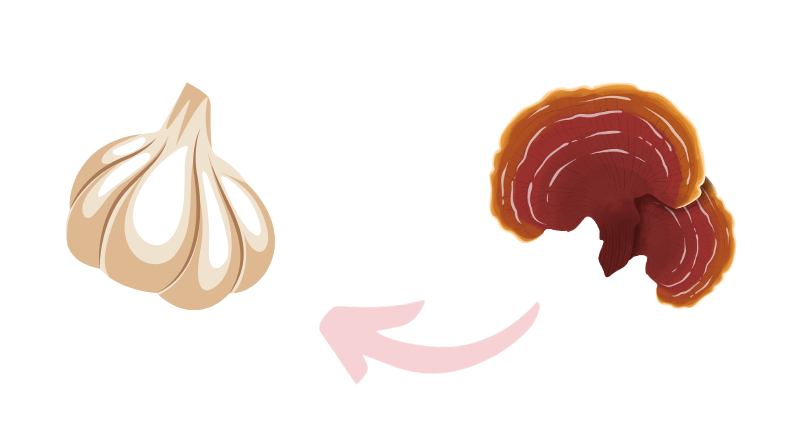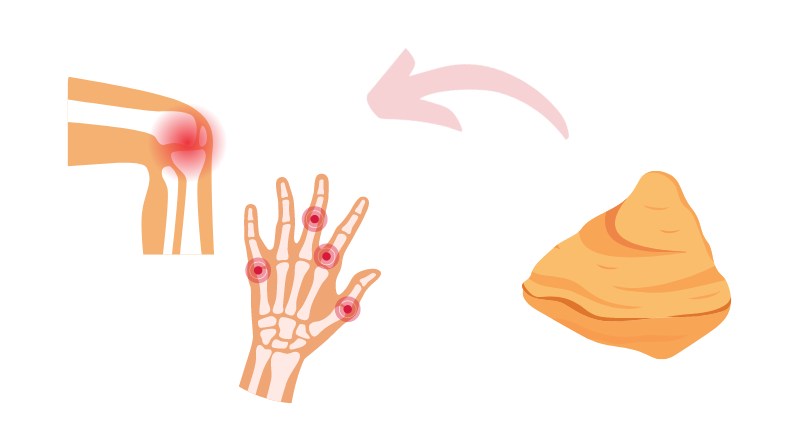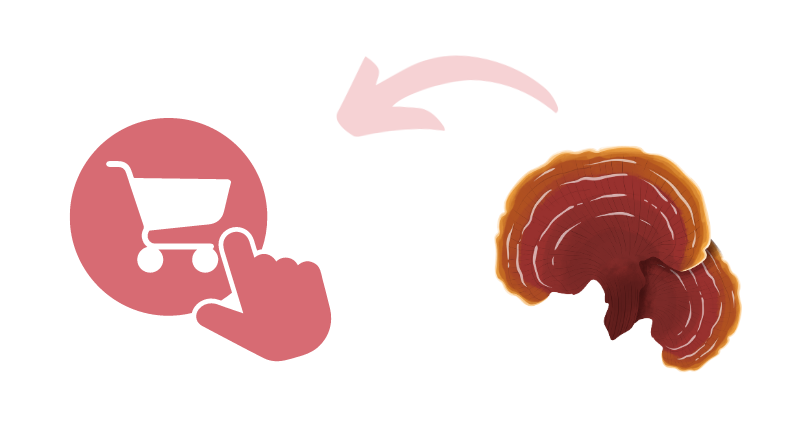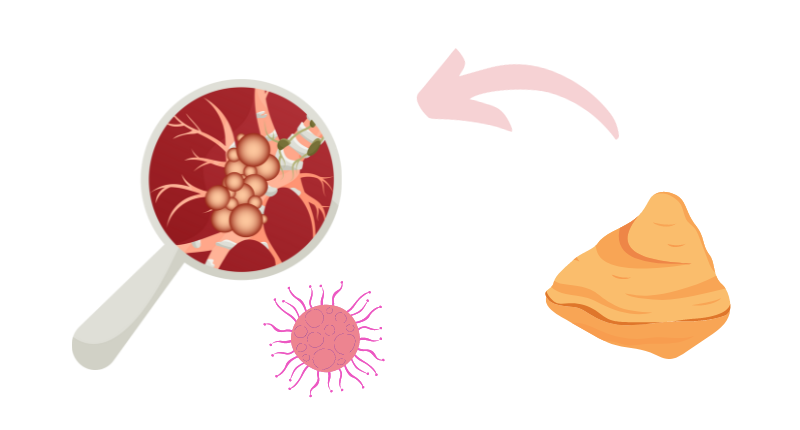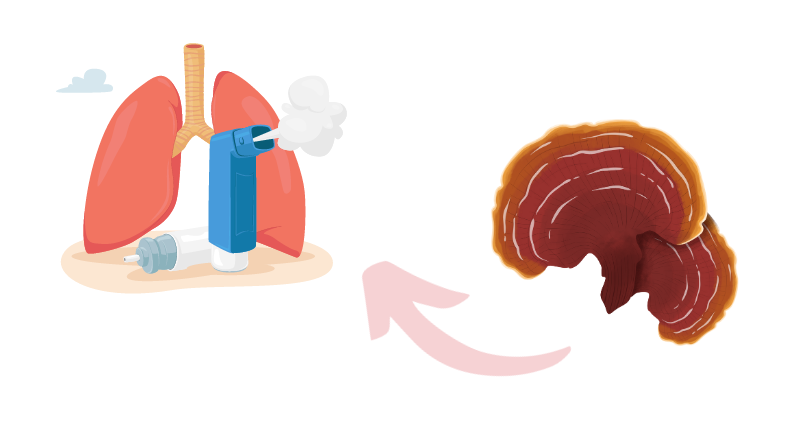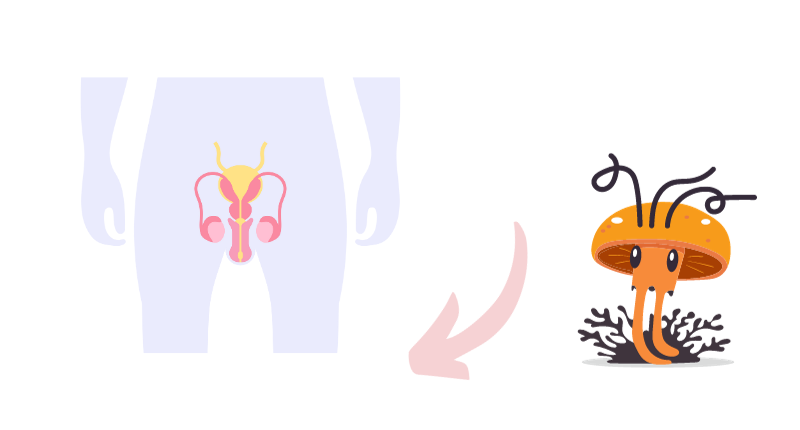Among the numerous types of medicinal mushrooms that grow worldwide, Lion’s Mane is undeniably one of the most distinctive not only in terms of appearance but also in terms of its potential health benefits and history.
This peculiar fungus has its origin in traditional Asian medicines, and lately, has come into the light for its nootropic effects, this means that it aids in improving the brain functions and mental health.
Knowing where Lion’s Mane mushrooms grow will also help to appreciate the mushroom as a traditional medicinal plant and its advancement to being a supplement of the present time.
THE NATURAL HABITAT OF LION’S MANE
Lion’s Mane Mushroom also known scientifically as Hericium erinaceus grows in the forests of the Northern Hemisphere in the temperate climate zones.
This organism is mainly located in North America, Europe, Asia, especially in the wild on hard deciduous trees.
GROWTH CONDITIONS & CYCLE
- Host Trees: It is found growing on the dead or dying hardwood trees and these include oaks, walnuts and beeches among others. They love to feed on diseased trees where they are most likely to start their growth and nourishment.
- Growth Process: A spore of the mushroom falls on these trees and starts germinating to grow a network of mycelium that penetrates the wood. In course of time this mycelium forms the spongy, calcified, and toothed structures which have the shape of the brain.
- Fruiting Period: They are likely to be seen in late summer and early autumn but they may be seen at any time of the year provided the conditions are humid and cool.
COMPARISON BETWEEN NATURAL & INDUCED GROWTH OF LION’S MANE MUSHROOM
The Lion’s Mane mushroom has proved to be mysterious in its growth when it is found in the wild and when it is cultivated in an agricultural system.
This transition is crucial to explain how these valuable compounds are optimised for extracting and incorporating in supplements, particularly using sophisticated methods such as ultrasonic assisted extraction.
GROWTH IN THE WILD
Lion’s Mane mushrooms can be found in the wild only on dead or dying hardwood trees where they grow on their substrate. The wild growth process provides a specific set of conditions that are difficult to replicate artificially:
Natural Ecosystem: Lion’s Mane fungi has a mutually beneficial relationship with its host tree and the environment surrounding it, which affects the richness and density of bioactive compounds that are produced by this fungus.
Variable Conditions: The environment of the wild Lion’s Mane mushroom can be highly diverse, which affects the quality of the material collected and its quantity.
Some of the factors that can influence the growth include; climate conditions, host tree health, and competition from other fungi or bacteria.
CULTIVATED GROWTH
In contrast, cultivating Lion’s Mane in controlled conditions allows for optimization of growth factors, ensuring consistent quality and yield:
Controlled Environment: Cultivation can be defined as a technique used in growing the mushrooms under controlled conditions of temperature, humidity and substrate in order to facilitate growth.
Higher Yields and Quality Control: In this way, these factors can be managed in a way that the mushrooms that are of better quality are produced in large quantity than those which would be picked from the wild.
ULTRASONIC ASSISTED EXTRACTION
The second major process in the production of quality supplements is the extraction of compounds from the mushrooms that were grown in the first process.
Ultrasonic assisted extraction represents a significant advancement in this area:
- This method employs ultrasonic waves to rupture the cells of the mushroom and hence release the compounds at a faster rate than the traditional methods.
- This process increases the rate of extraction since more of the active compounds are extracted during the process.
- This process is quite delicate and does not much affect the bioactive compounds that include hericenones and erinacines which are responsible for the nootropic effects of the mushroom.
- This technique is also more efficient than the conventional methods and is also safer and more friendly to the environment as it involves less heating and the use of chemicals is also reduced.
ADVANTAGES OF ULTRASONIC EXTRACTION IN SUPPLEMENTS
Using Ultrasonic Assisted Extraction to produce Lion’s Mane supplements has distinct advantages. The following are the benefits of using Ultrasonic assisted extraction in the preparation of Lion’s Mane supplements.
Potency
This makes the supplement more effective during extraction in the sense that the final product that will be taken as a supplement can be made to be very potent and yet only a small quantity has to be taken.
Consistency
This can help create a better and more standardized extraction process to ensure that every single batch of supplements is going to be of the same quality and will provide the same level of effectiveness to the consumer.
Environmental Impact
This is because this method of extraction has its advantages such as it uses less heat and chemicals in its processing thus making it more environmentally friendly in support of the general objectives of natural health products to be more helpful to the environment.
TRADITIONAL USES OF LION’S MANE
Lion’s Mane mushrooms have been grown in Asia, particularly in China and Japan; the mushrooms are used for both food and for medicinal purposes.
It has been used in the past and is believed to enhance the ‘Qi’ which is form of energy that is said to move through the body in accordance with the principles of traditional Chinese medicine system.
MEDICINAL PROPERTIES
Cognitive Enhancement
Lion’s Mane has been said to work wonders on the brain and is often used in traditional medicine to help improve memory, focus, and overall cognitive functions.
Nerve Regeneration
It has also been discovered to possess compounds that have a neurotrophic factor that has the potential of enhancing the level of nerve growth factor which has the potential of assisting in nerve regeneration and may be useful in controlling neurodegenerative diseases.
LION’S MANE AS A DIETARY SUPPLEMENT
Today, people are turning to natural and healthier ways of boosting their general health and wellbeing and this has made Lion’s Mane move from being an age-old remedy to a modern day supplement.
It comes in capsule form, powdered form or tincture (liquid extract) form which makes it convenient to use to boost one’s health.
Standardized Benefits: Supplements that are high potency and lab tested like the ones at Dr. Mush Me nootropics ensure that consumers are getting the right amount of the active compounds in Lion’s Mane helping to boost brain health and function.
Quality and Safety: Supplements are also subjected to laboratory tests to determine whether it contains any form of impurity and can thus be safe for consumption while mushrooms that are harvested from the wild may not be as safe.
THE ORIGIN & EVOLUTION OF THE LION’S MANE
The process of how Lion’s Mane became medicinal is evident in the increasing popularity of natural remedies.
The scientific studies on the possibility of using it as a therapeutic agent has also contributed to its popularity from the forest floors to the health food markets across the globe.
Therefore, it is crucial to understand why sustainable cultivation practices are essential nowadays as it has become more popular.
This way, Cultivated Lion’s Mane allows to have a regular access to this incredible fungus without endangering its natural environment and other organisms inhabiting the forests.
CONCLUSION
Lion’s Mane mushrooms are a good example of medicinal fungi species, with a long history of use and a broad range of potential uses.
The shift from its initial status of being a wild-growing fungus to the most sought-after and farmed species is a clear indication of the change in cultivation and medicinal practices.
This way, with the help of techniques like Ultrasonic assisted extraction, one can generate quality supplements that are not only reliable and standard but also eco-friendly.
This approach means that the knowledge of Lion’s Mane that has been passed down over the ages will be easier for the people who want to enhance their cognitive health and overall well-being to access.



